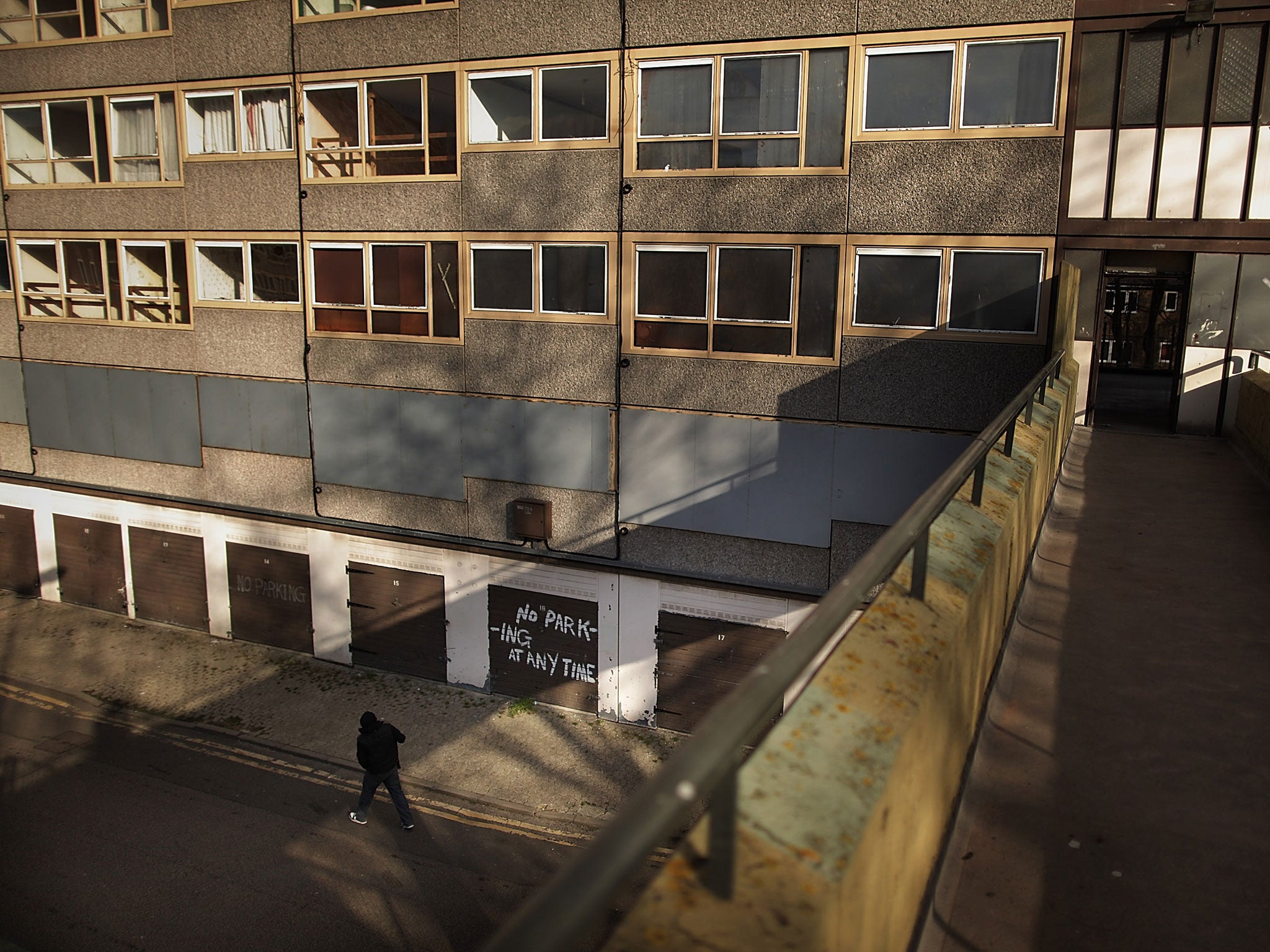When councils shroud their deals with private developers in secrecy, you get the feeling something's up
Openness and transparency is on trial at the Heygate tribunal

Is taking the Information Commissioner to a tribunal to protect deals done with private developers a proper way for local councils to spend public money?
In case you hadn’t guessed, this is a rhetorical question.
The purpose of the Freedom of Information Act is to increase transparency in public life. When councils decide to deny FoI requests citing, as they often do, “commercial confidentiality”, it is up to the Commissioner to balance the pros and cons and reach a decision as to what best serves the public interest.
When councils decide to challenge such rulings, my nasty mind immediately suspects the worst. So when Southwark Council appealed against a ruling to reveal documents regarding the financial deal it made with Australian giant Lend Lease to redevelop the Heygate estate, near the Elephant & Castle in South London, into 2,500 mostly private new flats, those suspicions went into overdrive.
I had already been concerned about the Heygate deal when I found that dozens of leaseholders on the estate had to accept Compulsory Purchase payments so low that they were forced out to live in places like Sidcup and Slough. Good-sized two-bedroom flats were valued at under £150,000, while Lend Lease are pricing their cheapest “regenerated” studios at over twice that.
It was obvious to me that the deal was a license to print money for Lend Lease, but I was mystified by Southwark Council’s stubborn insistence on keeping the terms agreed with the private developer confidential. I still am.
The Heygate tribunal hearing lasted six days, ended last week and a decision is expected in around four weeks. In their summation, counsel for Lend Lease argued amongst other things that the public interest is best served by the company protecting its own commercial interests. Southwark suggested that disclosure of the Heygate viability assessment would “damage regeneration”(!)
The Information Commissioner robustly defended his decision to order disclosure to allow the public their right to effective participation in the planning process. The barrister representing Adrian Glasspool, who was the Last Leaseholder Standing on the Heygate before being physically evicted, suggested that the secrecy surrounding the finances allowed developer and council to breach their own planning policies, and not only on affordable housing.
Whatever the outcome, the tribunal hearings offered fascinating insights. For instance, it was revealed that no Southwark planning officer had actually seen the viability assessment. This job was given to the District Valuer Service (DVS), an agency of HMRC. This is a good way of reducing the possibility of bias, but it is neither transparent nor accountable, especially when the DVS report is deemed confidential. Moreover, the tribunal heard that Lend Lease has established a restricted-access ‘data room’ which admits only selected Southwark Council officers on a need-to-know basis. This process is therefore opaque and not democratically accountable.
One of the Lend Lease’s arguments I found hilarious. It claimed for itself, as a “legal person”, the Human Right to ‘peaceful enjoyment of its possessions’, arguing that disclosing the viability assessment would amount to “unjustified interference with this enjoyment”. The Information Commissioner, bless him, robustly rejected this daft argument.
Southwark offered the incredibly patronising argument that there could be no public interest in disclosing a very hefty and complicated document, which many would simply not be able to understand, poor dears.
Mr Glasspool’s barrister made the main arguments on behalf of the public interest. Full participation in the planning process, he said, had been thwarted by the secrecy of the viability assessment. Without it, no one could judge whether the loss to the public benefit from the development was outweighed by anything other than the developer’s self-determined “human right” to maximise profits.
The outcome is crucial. Campaigners up and down the country are being denied vital information about development schemes on the grounds of “commercial confidentiality”. If the Heygate campaigners are victorious their success will level the playing field for many other, to the benefit of open local democracy.
Join our commenting forum
Join thought-provoking conversations, follow other Independent readers and see their replies
Comments
Bookmark popover
Removed from bookmarks